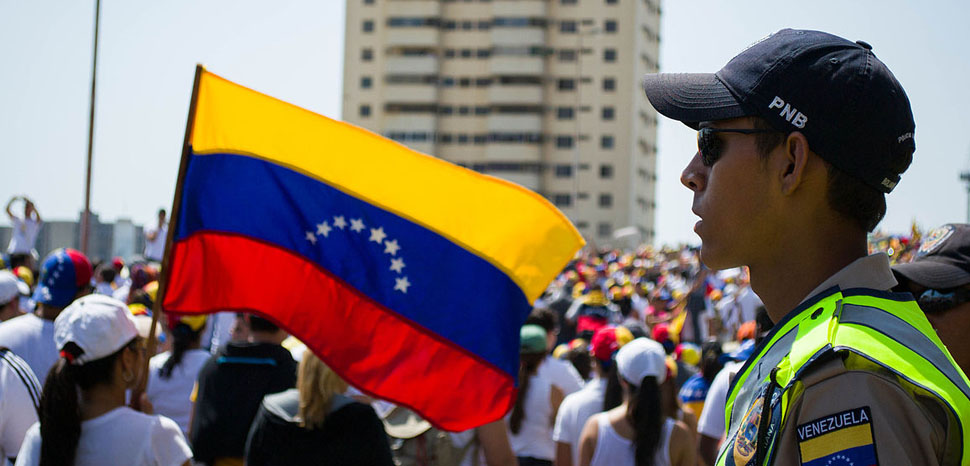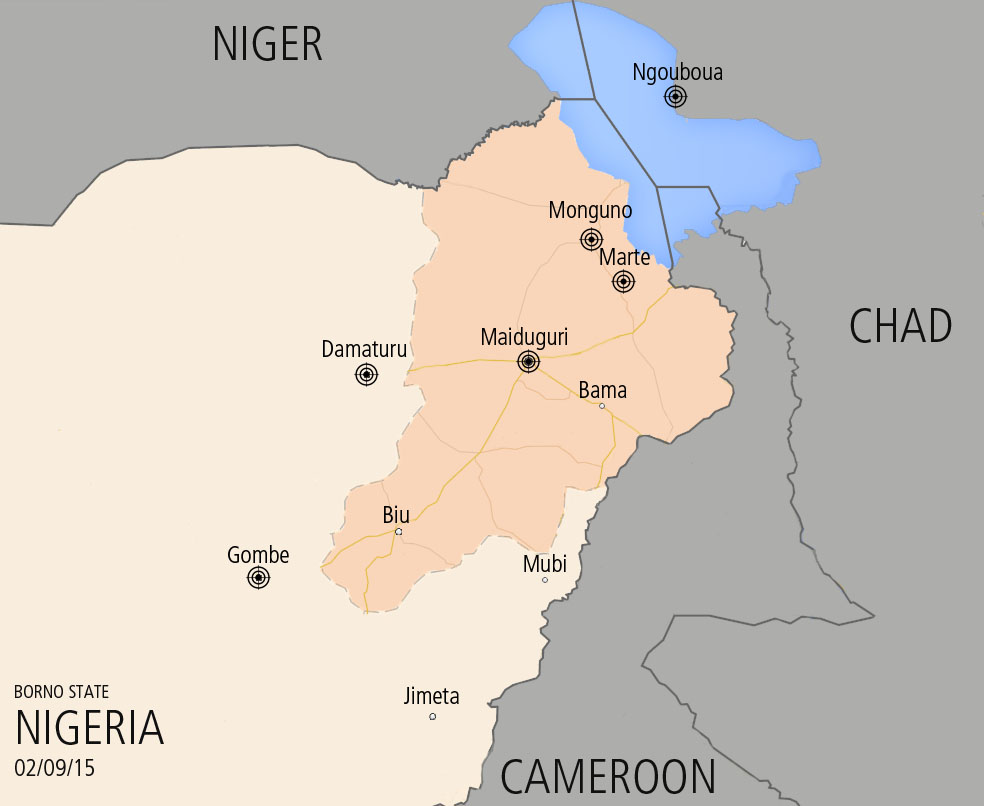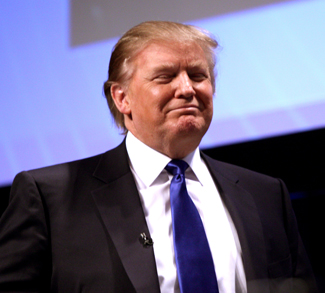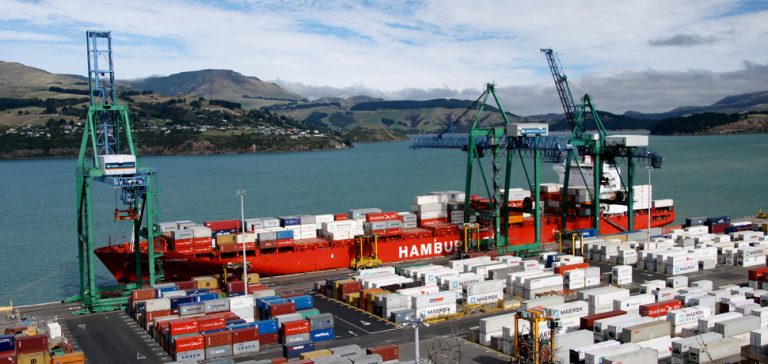Summary
Short-term, the announcement by President Nicolás Maduro that he is seeking early presidential elections in April 2018 is just one more sign of Venezuela de facto slipping into a one party regime. But looking longer term, a more pressing problem is emerging: the combination of a collapsing economy and a weak and corrupt government is creating the ideal conditions for criminalized non-state actors to emerge as the primary powers within large pockets of the state. Political control in Venezuela increasingly rests with criminalized militia groups and state security services rather than the president’s own United Socialist Party of Venezuela (PSUV) as an institution. These groups are providing reliable muscle to the Venezuelan president, but they are increasingly acting in accordance to their own economic interests as well.
Impact
Guns, but no butter. The trend toward the “militia-ization” of Venezuelan politics has been helped by President Maduro’s weakening of the democratic opposition, which is composed of many politicians who are either in self-imposed exile or jail. This has helped to preclude the rise of any reasonable alternatives to Maduro’s inner circle, which itself is believed to be heavily compromised by corruption and even drug trafficking. Even if Maduro were to fall however, or the PSUV broke apart, within Venezuela’s shattered economy, armed groups at the nexus of dual criminal-state leaders are likely to continue to be the key actors supplying millions of Venezuelan citizens with some form of employment, security, or patronage, while simultaneously terrorizing, killing, and extorting them.




